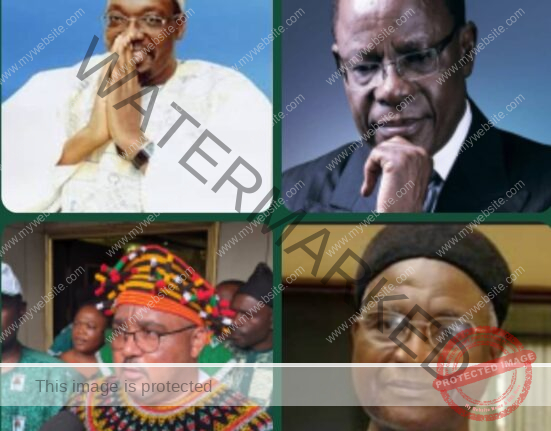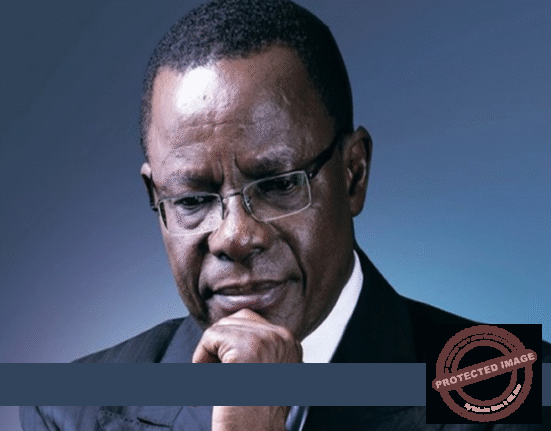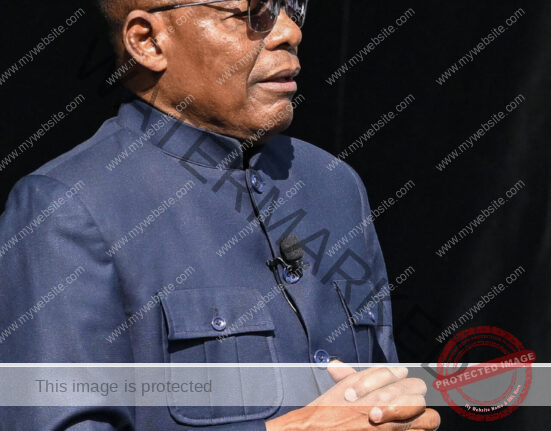Issa Chiroma Bakary,His public support for a united opposition and his call for Maurice Kamto to be reinstated as a presidential candidate, hit the wrong chord.
By The Editorial Desk, The Independentist
The unfolding case of Issa Tchiroma Bakary, former Minister of Communication and now a presidential hopeful, presents a powerful illustration of the crisis of succession and internal decay within the Cameroonian state. Barred without explanation from leaving the country and now summoned before the Special Criminal Court on allegations of corruption, Tchiroma has become the latest high-profile figure to fall out of favour with the very regime he once championed.
There is deep irony in this turn of events. Tchiroma, during his years in power, served as a primary defender of President Paul Biya’s regime — often at great cost to truth and conscience. He stood before the press to deny war crimes, dismissed international concerns over human rights violations in British Southern Cameroons (Ambazonia), and once infamously declared that “we will spill blood to keep Ambazonians under captivity.”
Such statements were not rhetorical excesses. They echoed and endorsed a policy of repression that resulted in immense suffering across the territory of Ambazonia. Entire communities were uprooted. Journalists silenced. Innocents detained. Through it all, Tchiroma remained unflinching in his defense of the regime.
Today, however, the machine he helped reinforce has turned against him.
His public support for a united opposition and his call for Maurice Kamto to be reinstated as a presidential candidate crossed an invisible line in Yaoundé. More symbolic still was his planned visit to the grave of former President Ahmadou Ahidjo in Dakar — an act many interpret as a gesture toward reviving northern political identity and legacy. In the context of an increasingly tense political transition, such moves are viewed by regime hardliners as dangerous.
Complicating the picture further was Tchiroma’s recent private meeting with Felix Agbor Nkongho Balla, a once-prominent voice in the Ambazonian movement whose shift toward accommodation has drawn widespread criticism. The meeting reportedly aimed at exploring post-Biya political alignments, but it also exposed the fragility of alliances built on political expediency rather than principle.
President Dr Samuel Ikome Sako of the Federal Republic of Ambazonia, responding to the events, issued a carefully measured statement:
“We do not gloat at any man’s misfortune. But this moment offers a sober warning — not just to Cameroonian elites, but to all who place loyalty to power above loyalty to truth. Mr. Tchiroma mocked our pain and justified our oppression. Today, he is being reminded that tyranny spares no one when its grip begins to slip.”
It remains to be seen whether Tchiroma will be given a fair hearing or whether the charges are part of the regime’s well-known strategy of silencing dissent through judicial theater. For now, what is clear is that the center no longer holds — and those who once enforced its will are now vulnerable to its collapse.
This episode should not be reduced to political karma alone. It should also serve as a caution to those who believe power insulates them from accountability — and a call to build new systems where justice is not a tool of revenge, but a cornerstone of peace.
The Independentist
Truth in resistance. Clarity in crisis.





















Leave feedback about this